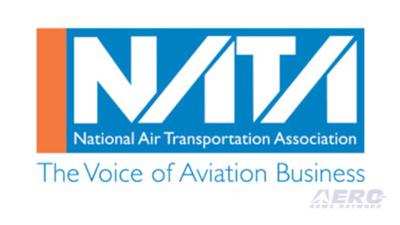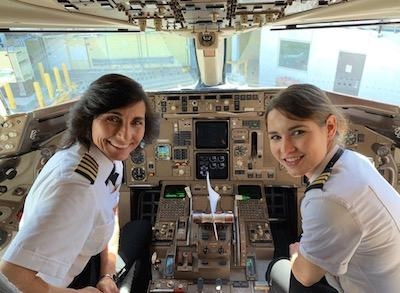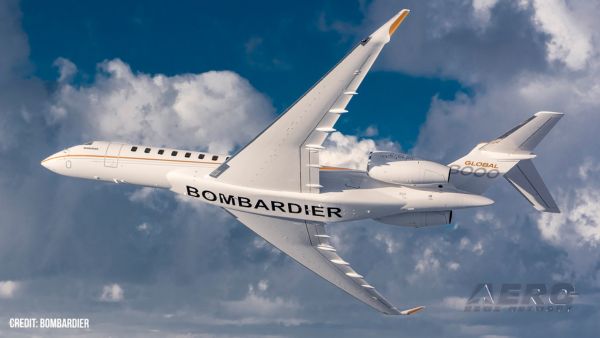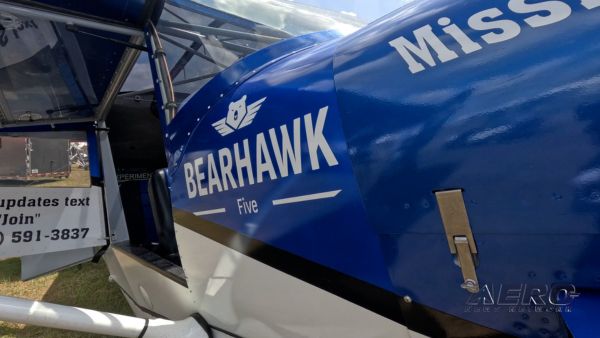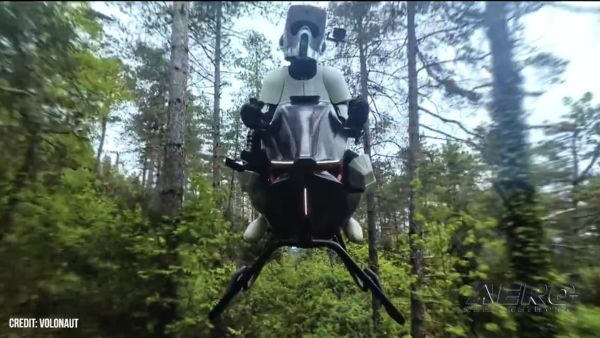Sat, Jun 06, 2020
Advertisement
More News
 Aero-News: Quote of the Day (05.20.25)
Aero-News: Quote of the Day (05.20.25)
“From the beginning, the RV-15X’s performance has been very good, as reported and demonstrated in videos. However, we’ve continued to work hard to achieve the con>[...]
 ANN's Daily Aero-Term (05.20.25): Handoff
ANN's Daily Aero-Term (05.20.25): Handoff
Handoff An action taken to transfer the radar identification of an aircraft from one controller to another if the aircraft will enter the receiving controller's airspace and radio >[...]
 ANN's Daily Aero-Linx (05.20.25)
ANN's Daily Aero-Linx (05.20.25)
Aero Linx: The de Havilland Moth Club Ltd The de Havilland Moth Club evolved from a belief that an association of owners and operators of Moth aeroplanes should be formed to create>[...]
 Airborne-NextGen 05.20.25: Drone Regs, Zero-Emission Cargo, Door-Dash Drone
Airborne-NextGen 05.20.25: Drone Regs, Zero-Emission Cargo, Door-Dash Drone
Also: Blackhawk’s Replacement, Supersonic Flight, Archer 1Q/25, Long-Range VTOL Program U.S. Secretary of Transportation Sean P. Duffy released an update on progress being ma>[...]
 Airborne 05.19.25: Kolb v Tornados, Philippine Mars, Blackhawk Antler Theft
Airborne 05.19.25: Kolb v Tornados, Philippine Mars, Blackhawk Antler Theft
Also: Tentative AirVenture Airshow Lineup, Supersonic Flight Regs, Private Pilot Oral Exam Guide, Boeing Deal The sport aircraft business can be a tough one... especially when Moth>[...]
blog comments powered by Disqus

